The African Forum and Network on Debt and Development (AFRODAD) and partners are demanding an urgent reform of the global financial system, saying that debt relief initiatives have failed as they create room for more borrowing.
According to the group, the mounting debt trends are a clear evidence that debt relief such as the Heavily Indebted Poor Countries and Multilateral Debt Relief Initiatives (HIPC/MDR), the Debt Service Suspension Initiative (DSSI), the 2021 Special Drawing Rights (SDRs) issuance and currently the G20 Common Framework had failed as they have reportedly created room for more borrowing.
They noted in a joint statement at the just ended Spring Meetings by the International Monetary Fund (IMF) and World Bank that beneficiary countries performed poorly in development terms, compared to non-debt relief countries despite accessing debt treatment.
The group claimed that debt to Gross Domestic Product (GDP) ratio averaged 198 percent in Sudan, and over 100 percent in the Democratic Republic of Congo, Mozambique and Zambia.
“This is the time for Africa to vehemently push back against the IMF World bank policies that do not prioritise people and against creditors who lend irresponsibly with no respect to the duty of care to the borrower.
“If the IMF & World Bank are truly concerned about improving African’s lives, they must first acknowledge that they are at the heart of increasing debt, economic dependency and poverty in the continent and therefore welcome their restructuring to become fit for purpose,” the statement indicated.
Read more: ActionAid faults IMF, World Bank policies, calls for cancellation of debts owed by Zambia, others
It noted that countries such as Chad, Ethiopia, Ghana, and Zambia applied for G20 restructuring, but that they had continued to struggle with a slow process that had negatively affected their credit rating and had not given them a sustainable solution to their debt situation.
“Zambia reached a restructuring agreement with its official creditors, which is commendable but while debt relief or restructuring is necessary to create fiscal space, solutions for the long term should focus on structural policy reforms linked to the concerns on the financial architecture.
“Moreover, Ghana that defaulted on its debt obligations in December 2022 and had approached the G20 for restructuring just got the process halted on April 15, 2024 as the IMF indicated that the deal would not fit its sustainability parameters,” according to the statement.
AFRODAD’s Executive Director, Jason Braganza, in his comment said: “The debt crisis is a development crisis and unless we do something very urgent to fix the global financial architecture, we are going to see a regression in the progress that has been made towards the Agenda 2063 and the people, especially the vulnerable ones including women and girls who will be hit even harder.”
Dennis Francis, President of the General Assembly of the United Nations, on his part, said: ““I join the call for international collaboration to build a development-oriented debt architecture that is more just and equitable and affords developing countries and affected communities the fiscal space to invest in their country’s growth and sustainable development.”
WARNING! All rights reserved. This material, and other digital content on this website, may not be reproduced, published, broadcast, rewritten or redistributed in whole or in part without prior express permission from ZAMBIA MONITOR!

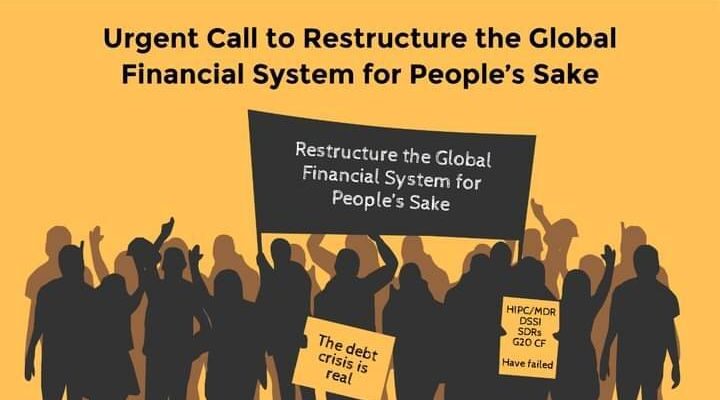

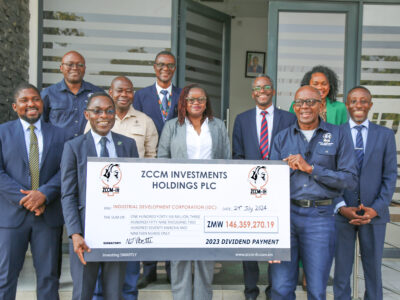


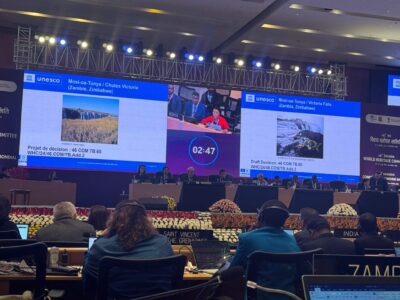

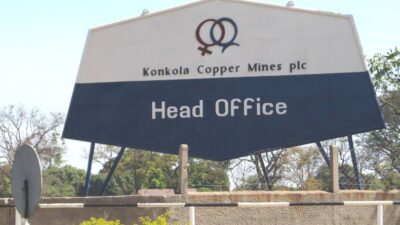
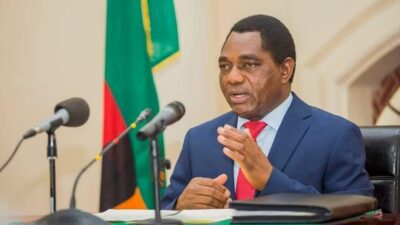



Comments